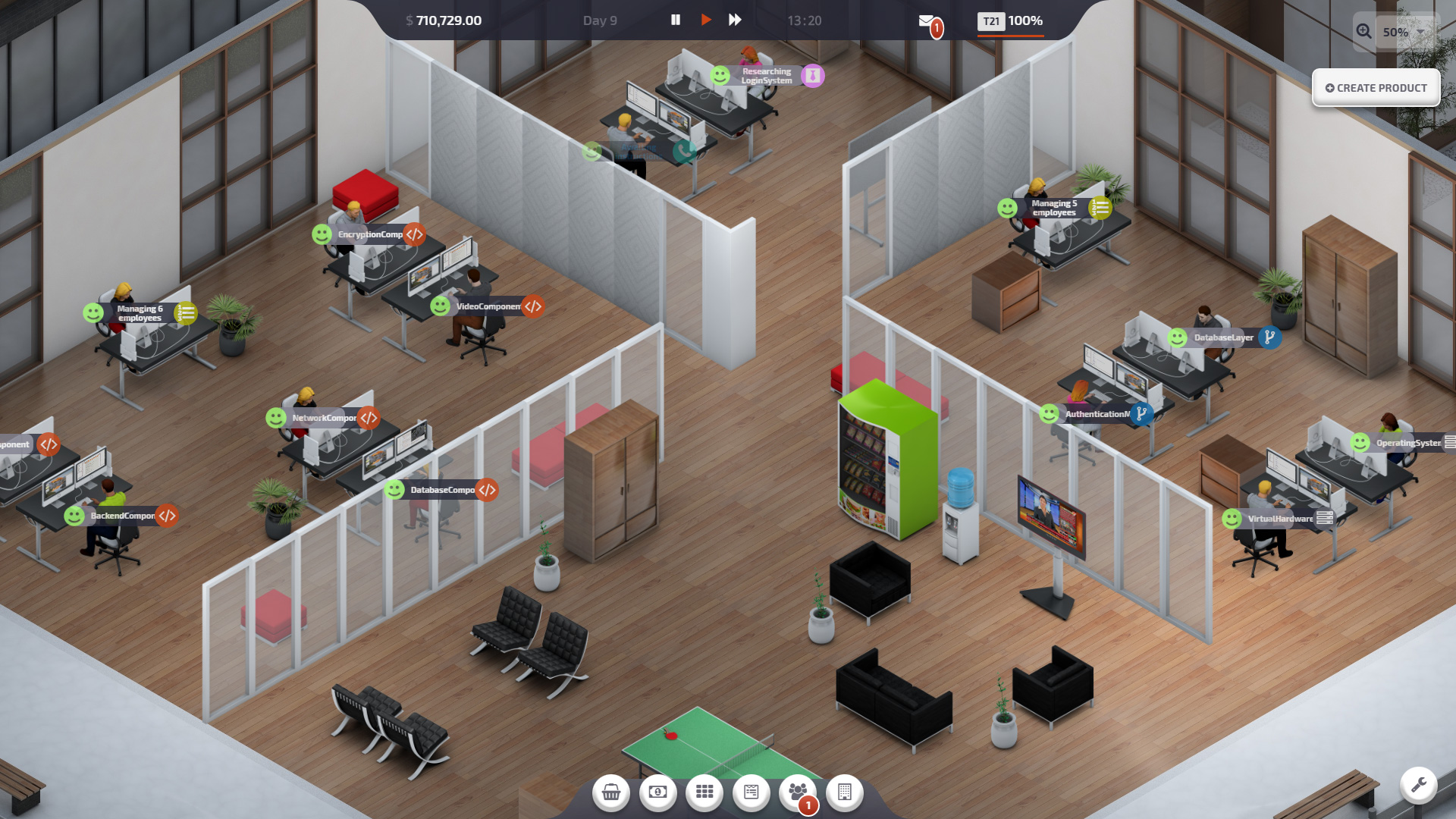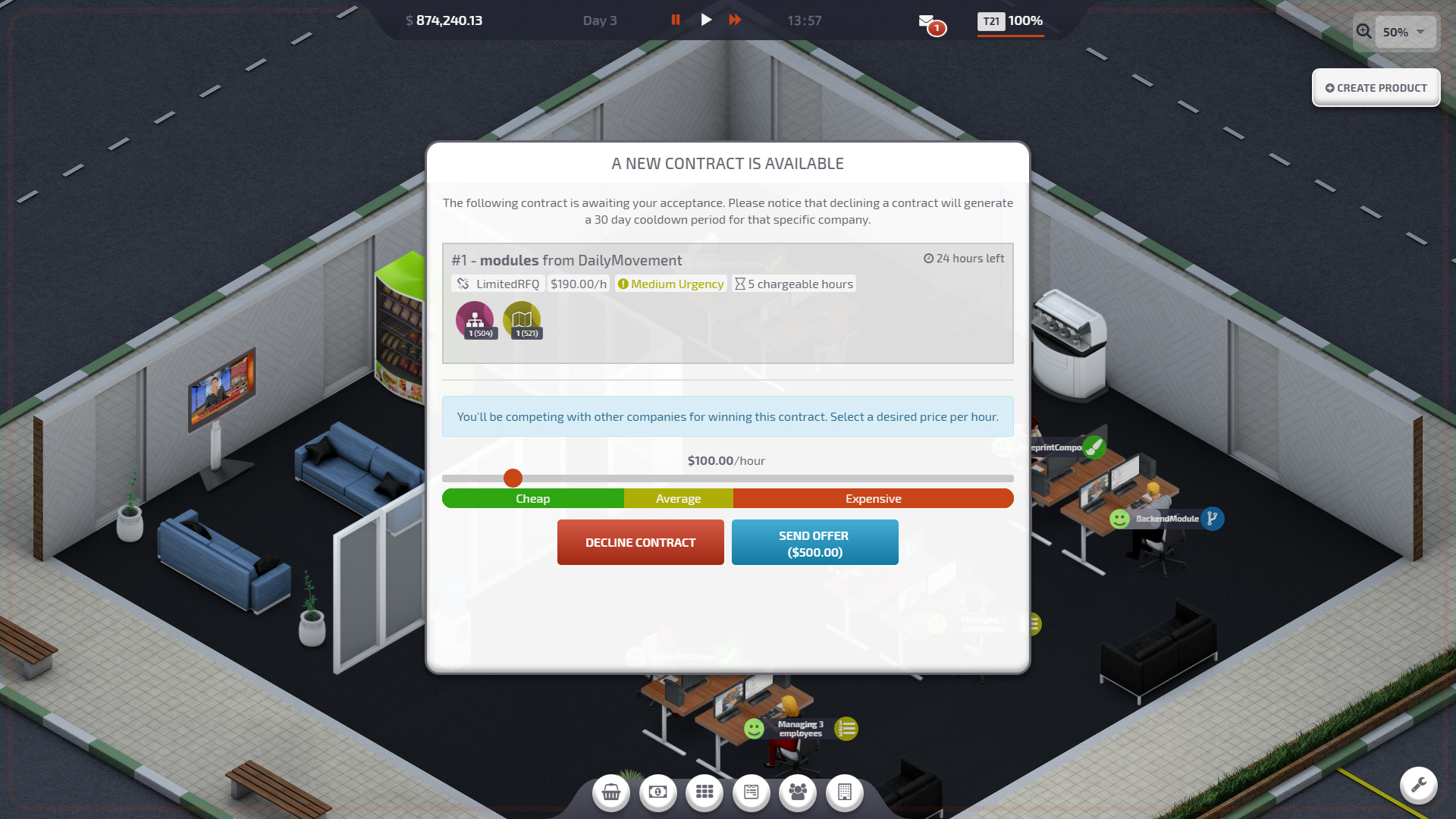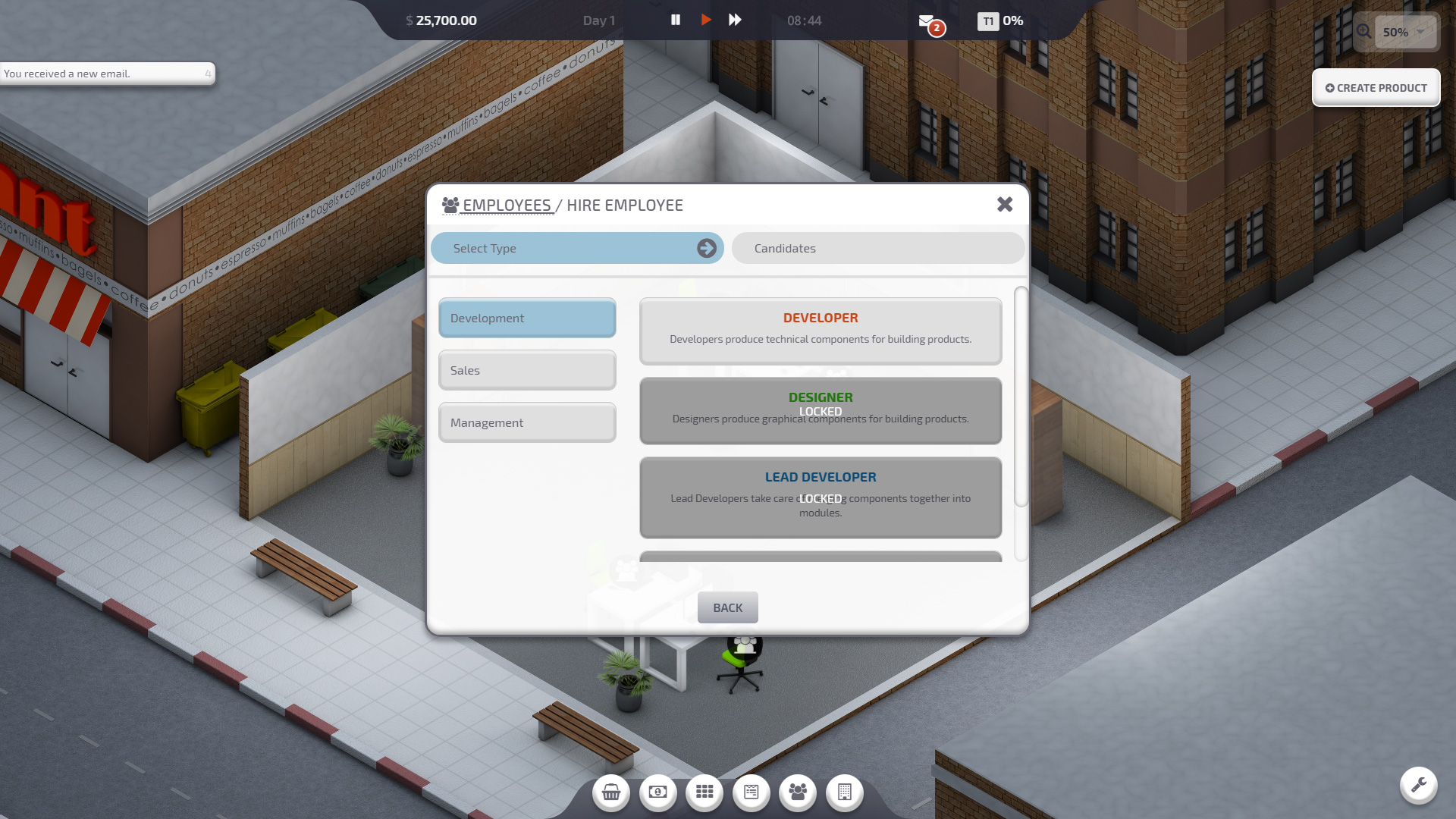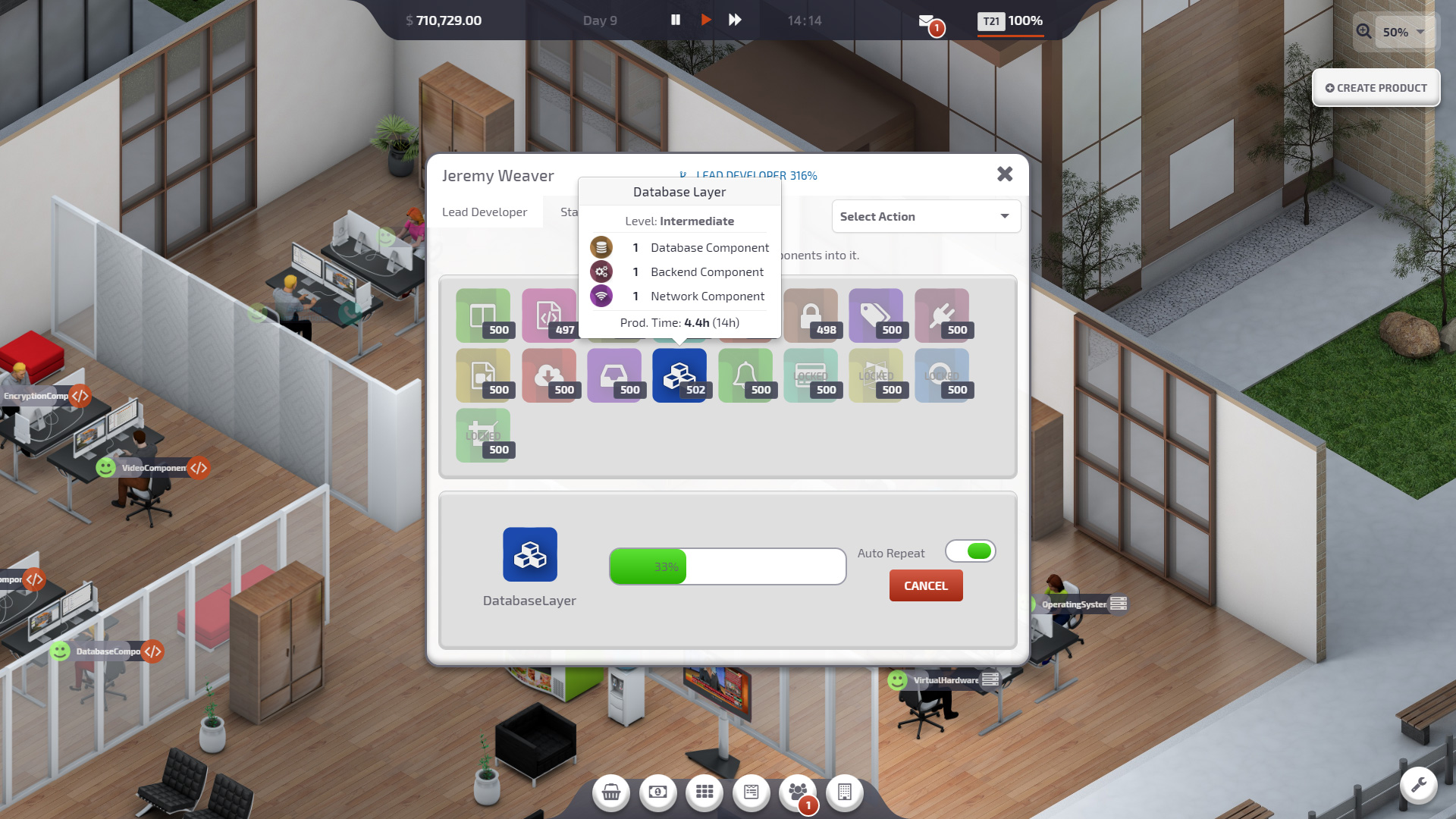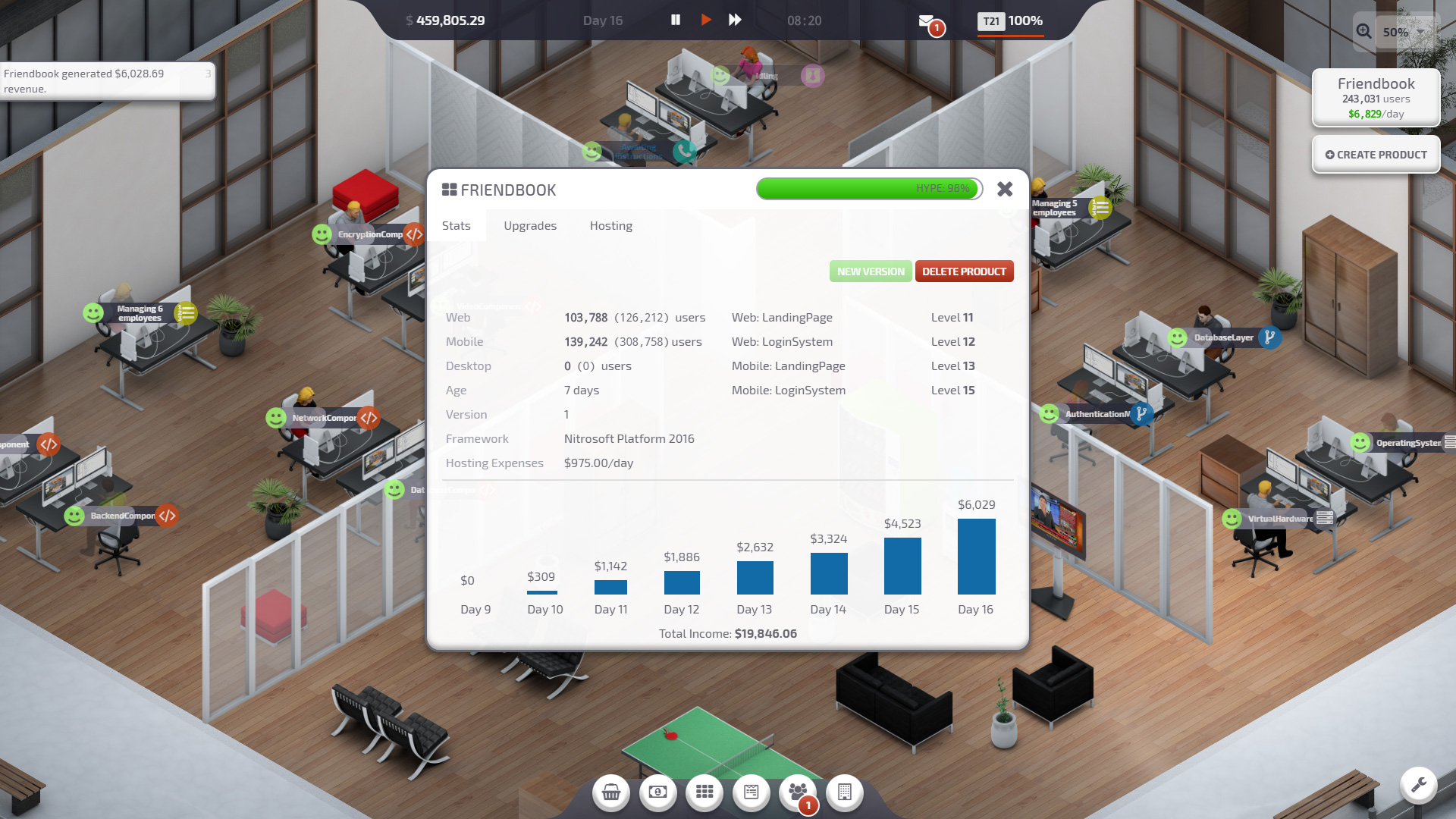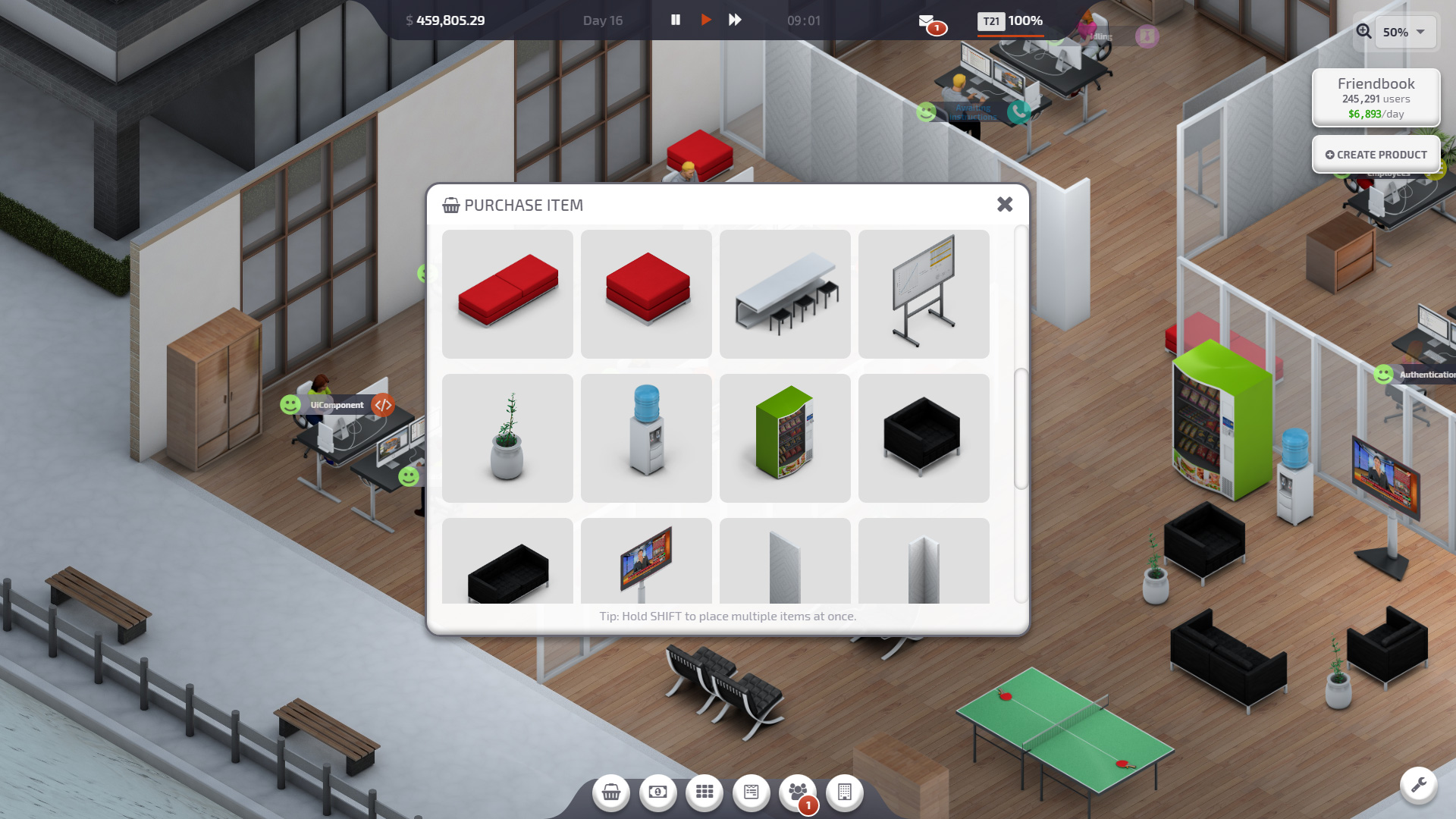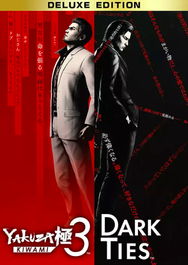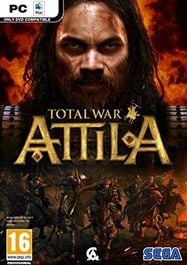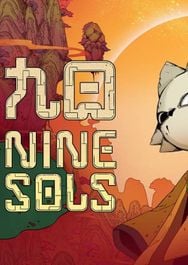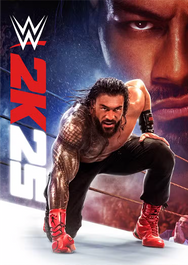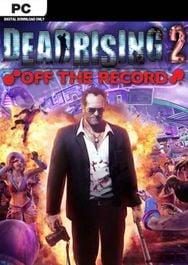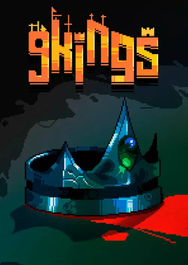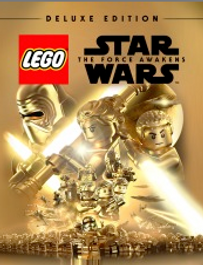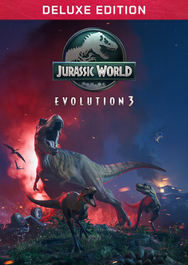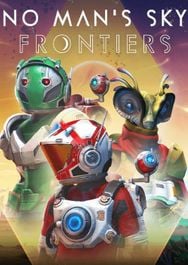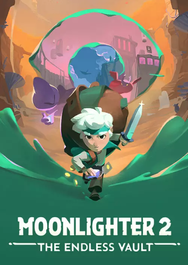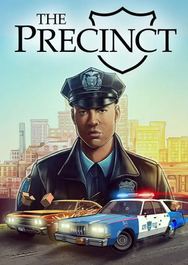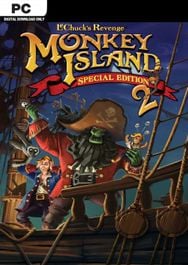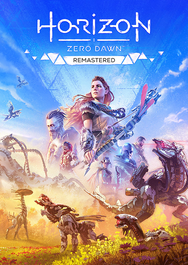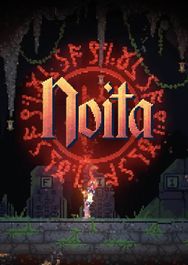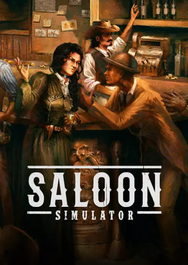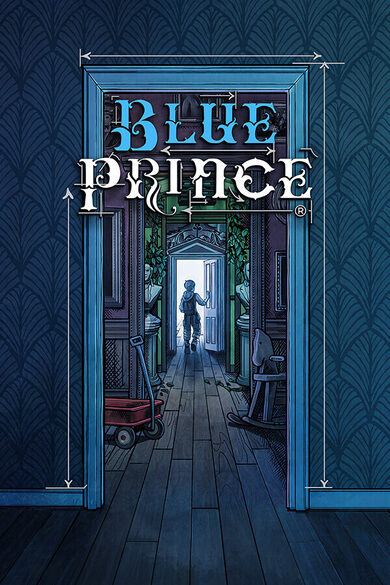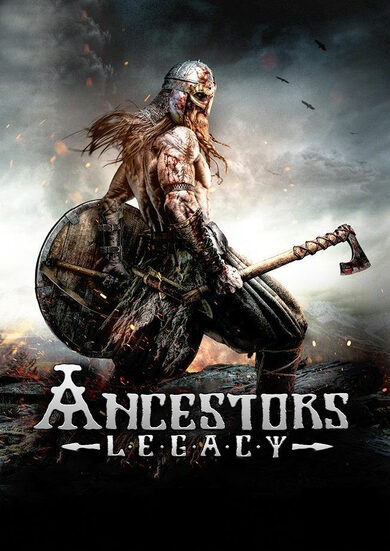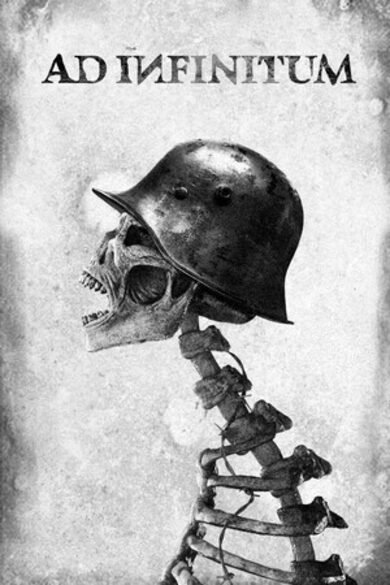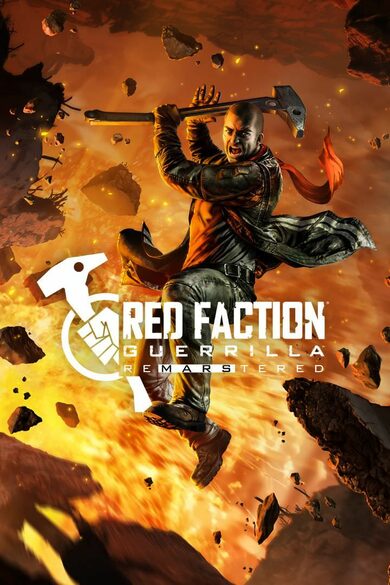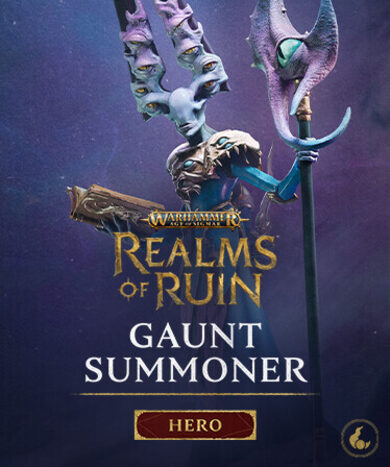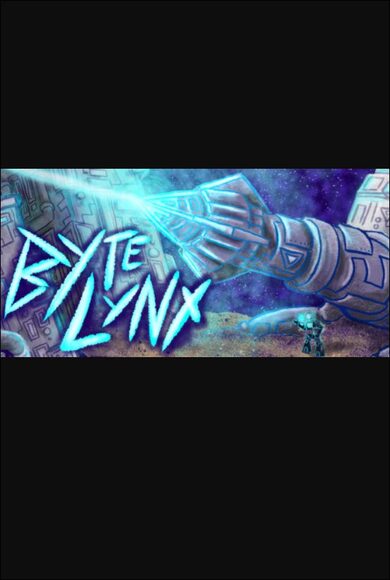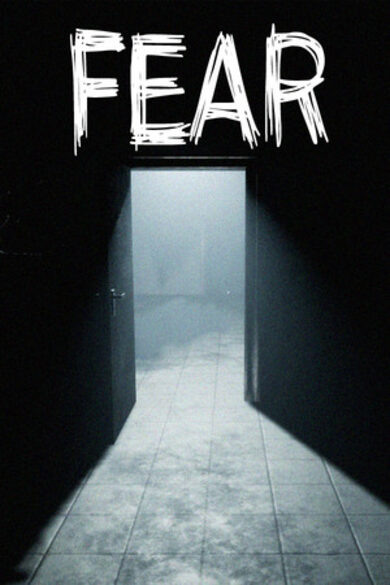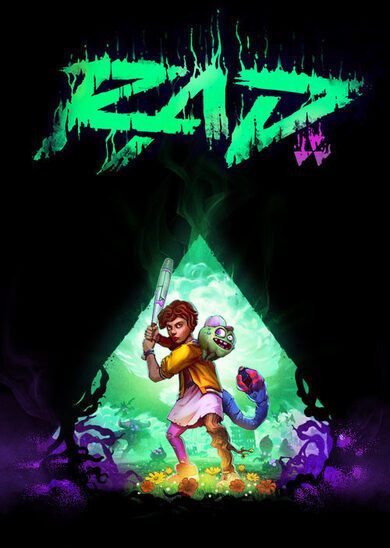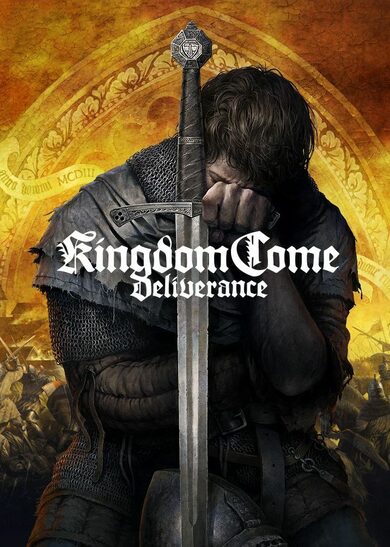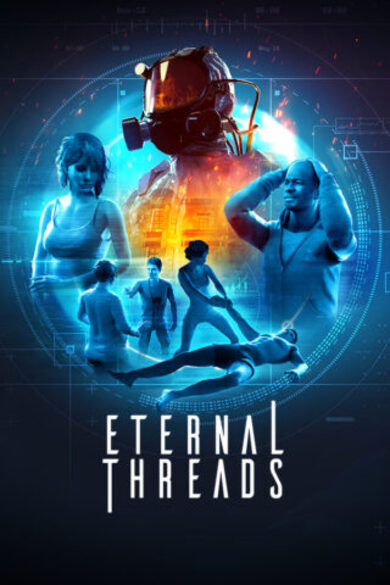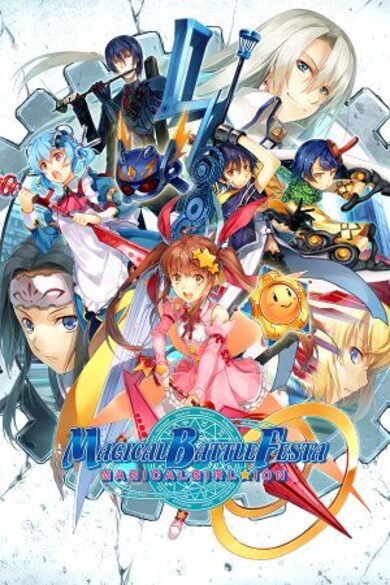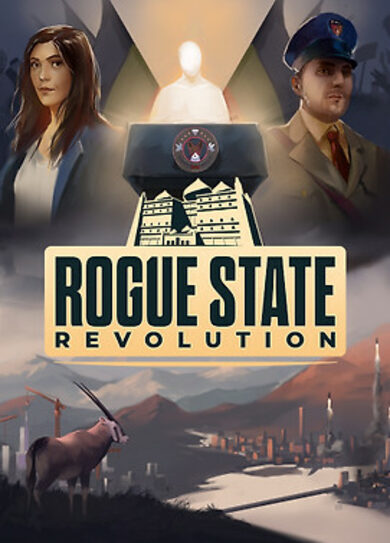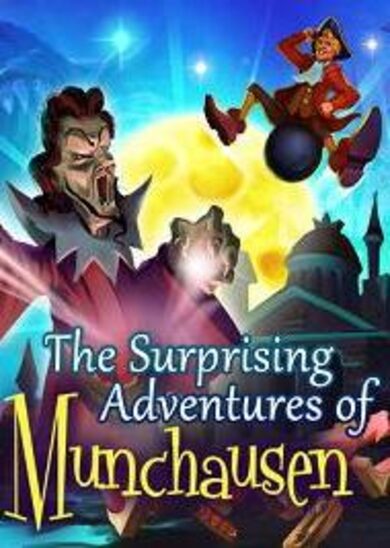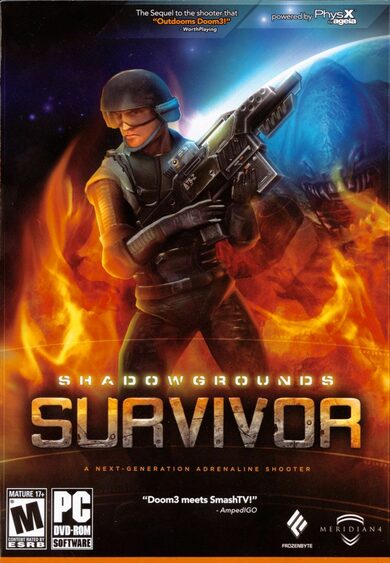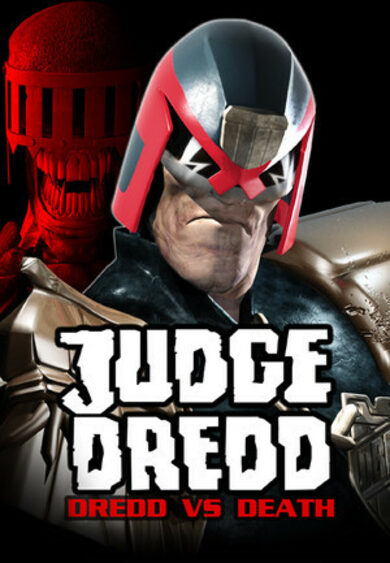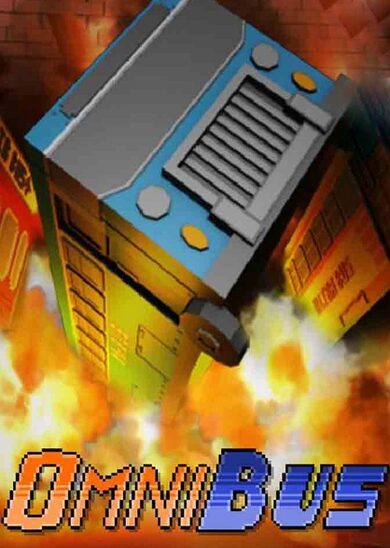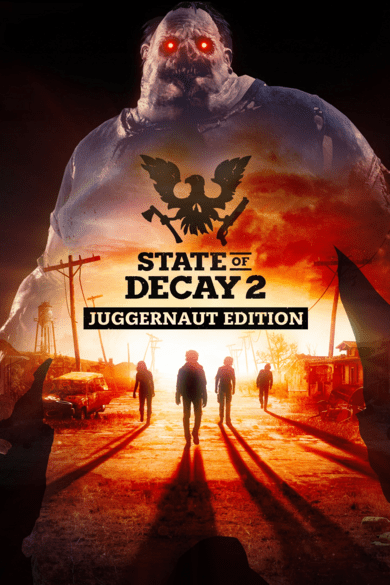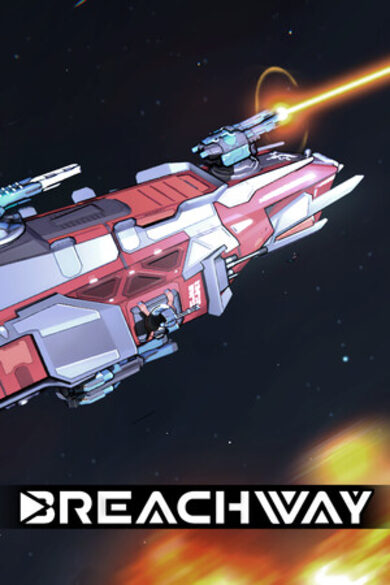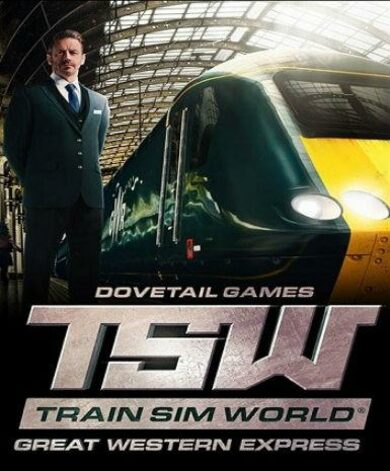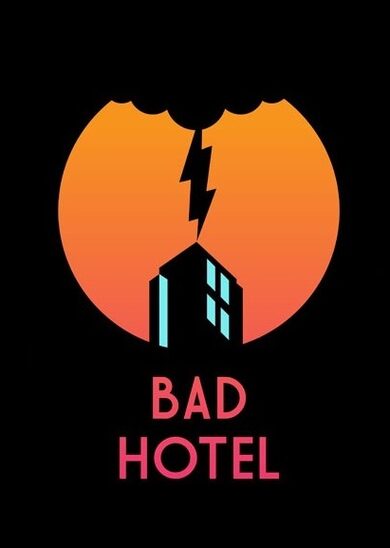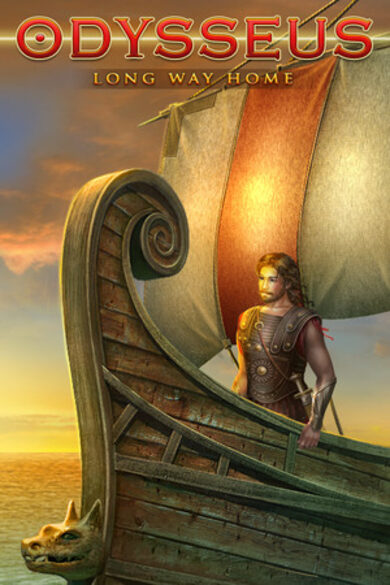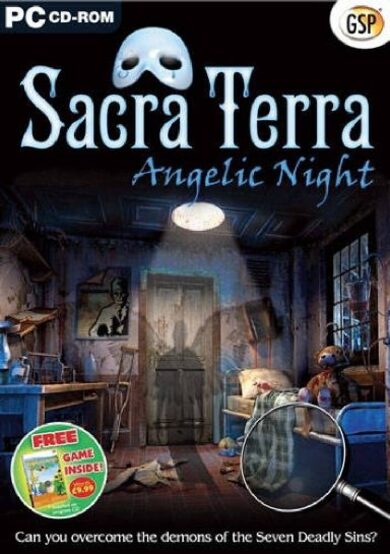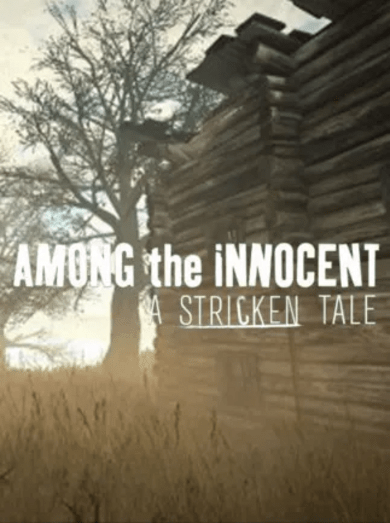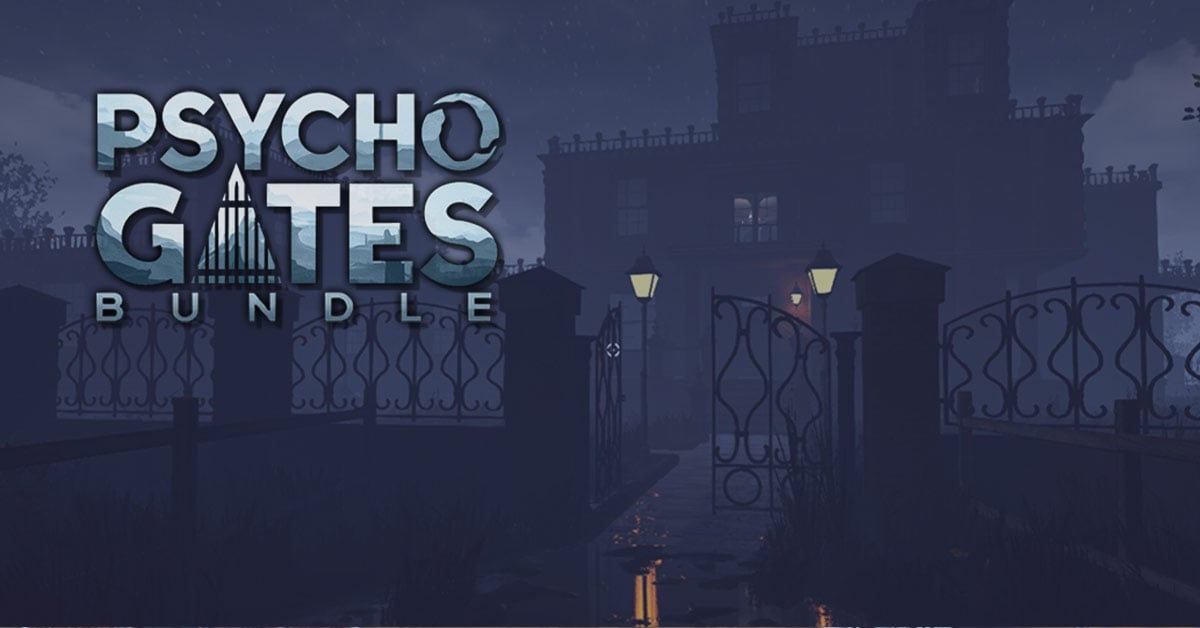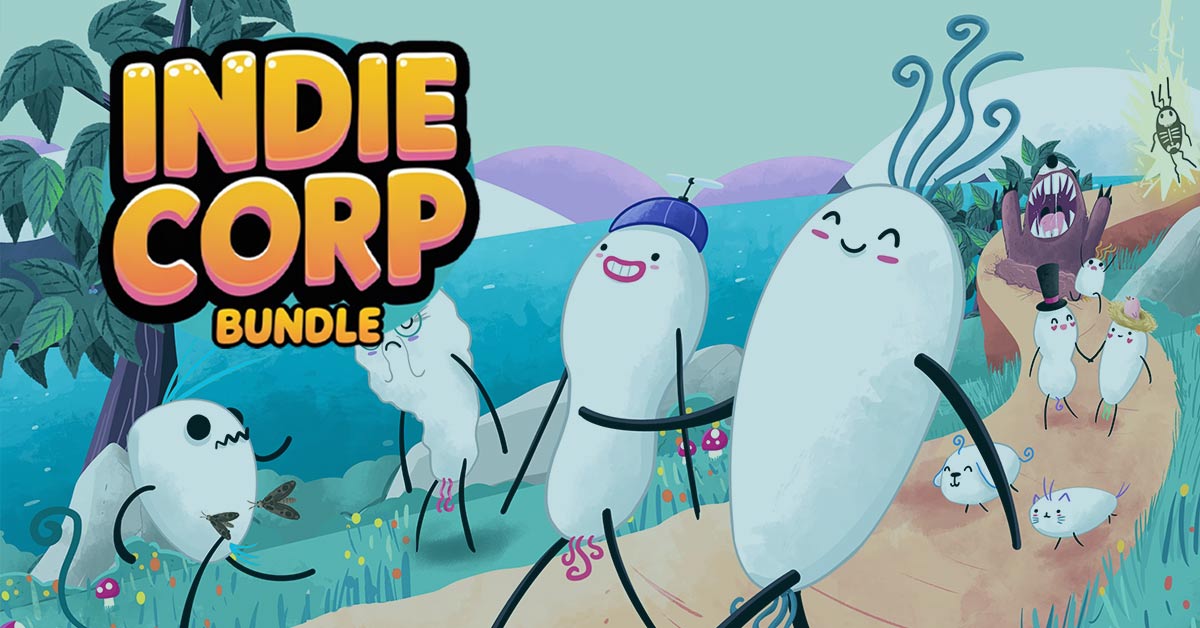About the game
Startup Company is a business simulation sandbox game. You play as the CEO of a newly formed software company. With an empty bank account you are forced to complete client contracts, but as soon as you get enough money you will be able to start competing against the largest tech giants, building your very own products and services.Startup Company includes:
* Build Mode: Design your very own office.
* Contract Work: Win contracts by competing on price and service.
* Crafting System: Merge components to create modules. Use modules to create products.
* Products: Build outstanding products by adding features, managing servers and running marketing campaigns.
Hiring
A great company is built by great people. Optimize your staff benefits and working conditions to attract the best employees.Win Contracts
You'll be facing hundreds of available contracts, but not all of them will be good for your team. Work your way up and compete with the best in the industry to win the big contracts!Develop, Merge, Repeat
That's right, even software needs a little piecing together!No matter if you want to deliver contracts or build your own product you need components and modules. Use developers, designers and lead developers to produce what you need.
Startup Company includes a fully featured crafting/development system where you will be able to merge components into modules, servers or product features.
Release, Update and Expand
Creating successful products is all about making the right decisions. Implementing or upgrading the right features is what generates hype. Hype generates users and users generate money.You'll have to constantly pay attention to your hype otherwise users will start to drift away from your product. Keeping the product under constant development and releasing new versions is key to success.
It's your sandbox, let your imagination run wild!
Development Stream on Twitch
All parts of the game development are being streamed on Twitch. Come join the community and the stream at:https://www.twitch.tv/jhovgaardHi, everyone!
As you probably already imagine from the title, this will be a very special devlog.
First, let's get right to the practical: the official release date of the Startup Company Full Version will be announced in next week. We'll finally leave Early Access and the Beta program.
To celebrate, I'd like to share my story with all of you, who have been following my game for the last couple of years. It's a long read, so if you're only curious about game updates, you should probably stop reading now schappy
Let's get started. It was back in 2015...
The Beginning
I was working a 9-5 corporate job as a Lead Developer. My primary task was to build websites, and I knew absolutely nothing about game development. But I loved tycoon games, and I had the desire to make one myself.One evening, around July 2015, I was casually playing around with combining web technology (HTML, CSS, and Javascript) with some free isometric game assets I had found online. I had no goal at all. I was just curious if it was possible. Slowly, I started understanding how I could layer multiple PNG images on top of each other and make the website look like a game. It was incredibly simple, but it felt real. I continued testing ideas and researching possibilities. After a couple of weeks of investigation, I came to a conclusion: I could definitely build a game entirely in HTML, CSS, and Javascript. I was experienced in all these technologies. The only limitation was that I had to keep the animations simple.
The Idea
Back when I was younger, I had tried starting up two companies. The first was a hosted e-commerce platform, basically a competitor to Shopify. We spent a year developing the platform in our spare time, but failed miserably when we learned that developers can't sell anything and that marketing is important. After that, I built a platform to manage web servers. It failed, too, because I still hadn't learned anything.However, with my newly found knowledge about game development, I was ready for my third adventure. I knew that I could build a game. I just had to decide what I would build. Fortunately, it couldn't have been more obvious: I needed to build a game that would allow me to succeed in starting a company. I quickly jumped on Steam and searched for "Startup Company"...0 results. Boom, that was it.
Livecoding
I had been working on the concept for a couple of months. I even found an up and coming artist from India, who was willing to provide me with cheap assets (I think I paid $20 per item) to get started.At the time, I was working mainly in the evenings, after work. That left me with 2 problems. First, I had already programmed for 8 hours, so I was tired and slow at solving complex problems. Second, I procrastinated too much by watching Twitch streams, chatting with friends, etc.
To overcome these issues, I decided to start streaming my development. Exactly like regular Twitch streams, but with me writing code.
Game development streams werent really a thing on Twitch at the time, but there was a site called Livecoding for exactly that. I signed up, got my OBS configured, and went live Saturday, October 17, 2015.
I was too shy to use a webcam or even have a microphone. (English is not my native language.) Instead, I would reply to viewers directly via chat. I don't remember the duration of my first stream, but I remember the feeling: I had been incredibly productive. Because someone was watching me (between 0-1 viewers), I couldn't chat with my friends or watch stupid videos on YouTube. Instead, I had to work and keep them entertained with my progress.
I continued streaming and my followers started climbing. I got confident and eventually added both a microphone and a cam to my stream. At my peak, I had up to 100 viewers every night. People even donated me money to invest in the game.
Here's the first preview I made of Startup Company:
The Hustle
As more and more people started following my development streams and signing up for my newsletter, I started to believe that I really had something.With new motivation, I started to really put in the hours. Weekends were now dedicated to the game. I even had a rule that I had to work more hours on the game than on my full-time job, which obviously resulted in 70+ hour work weeks.
Beta 1
After working on the game for almost 6 months, I was finally ready to release Beta 1. On February 21, 2016, I made Beta 1 available to everyone who had signed up.I remember feeling not only excited, but also very nervous. What if they didn't like it?
20 minutes later I got the first feedback. I remember it clearly: "lol, it's so boring." The feedback continued: "It feels like real work"; "This is spreadsheet simulator"; and so on.
At this point, I was seconds away from giving up completely. I didn't reply to anyone, and I didn't touch the game for days.
To this day, I'm not sure why I picked up the game again. But, fortunately, I did. I reached out to everyone who had given me feedback and started questioning them about everything. I wanted to figure out what they expected and wanted from the game.
Over the next year, I ended up rewriting the game completely two times. The root cause of the boring gameplay was my desire to make it complex and realistic. I tried to simulate real life "development models" and "deployment processes." Geeky stuff that sounded cool on paper, but was awful in a game.
At last, I finally figured out that a game had to be simple enough for the player to fully understand what was going on. When playing a game, you want to understand exactly what is going on, so that you can make smart decisions. This is also the reason that I have insisted on keeping the game casual and sometimes unrealistic. I tried the opposite.
It wasn't good.
The Early Access Release
Fast forward a year. It's Summer 2017. The game had evolved a ton. It was a good experience, and people were playing it for an average of 2 hours.I had already set the release date: August 11, 2017. The game was up on "Steam Coming Soon." I knew from my earlier failures as an entrepreneur that marketing was the most important thing, especially now, 3 months prior to the release.
At this point of time, I completely stopped working on the game. Instead, I went into full-blown marketing mode. I literally sent more than 500 emails with Steam keys to YouTubers and Twitchers. If they didn't reply to me, I would message them on Twitter or even crash their live stream on Twitch. I would even appear in their comments section. If you were contacted by me back then: I'm sorry, I know I must have been annoying.
A lot of small YouTubers covered the game. It started slowly. Most had fewer than 1,000 subscribers.
But then, my game was covered by "GrayStillPlays" on YouTube. The whole thing went nuts from there. The number of people wishlisting the game began climbing like never before.
On Friday August 11, 2017, I pushed the button on Steam and Startup Company went live. Within an hour, the game was on the frontpage of Steam. At its peak, the game had more than 1,400 people concurrently playing the game.
It took me a couple of days before I fully understood what had happened. The upcoming Monday I knocked on my boss' door, only to tell him that I would like to resign.
Life as a Game Developer
I had to stay in the job for six weeks after my resignation. It was a stressful time. The huge increase in players caused a lot of bugs to show up. I couldn't accept it, if any of my players had a question that was unanswered or a bug that wasn't fixed right away.At the same time, I had no experience in community management. I was way too emotionally attached to my game, and a single bad review would literally ruin my whole day, especially if it was valid.
Fortunately, I learned, over time, to handle all that stuff. Today, I work a healthy amount of hours, and I've read enough negative reviews for them to not change my mood.
After the release, I started documenting all development progress through the devlogs here on Steam. (You can check them out, as they are all still available).
The Next Chapter
Right now, I'm working on Version 1 of Startup Company. Obviously, I can't make a full release, without also bringing you the biggest content update for the game ever. So far, Version 1 contains more new content than the last 5 beta updates, and I'm only halfway done. If there's a time to be excited as a Startup Company player, it's now!I'm also actively negotiating with another studio to help me bring Startup Company to Xbox, PlayStation, and Nintendo Switch. There will, of course, be an official announcement about this later.
And finally, me and my colleague Mark are working on Localizor, our new community translation platform, which has really started to take off lately. You can check it out here: www.localizor.com
Thank You
No matter how long you've been following me and Startup Company, I just want to say thank you for all your feedback, bug reports, ideas and suggestions, negative and positive reviews, mods in the workshop, and comments and likes on my devlogs.Having a community like this is truly a blessing. Startup Company would never had been possible without you.
That's all for today. Remember to keep an eye on the announcements at the end of next week. Something is coming...
Thanks for reading!
All the Best,
Jonas
Minimum Setup
- OS: Ubuntu 16.04 and later
- Processor: 2 GHz Dual CoreMemory: 2 GB RAM
- Memory: 2 GB RAM
- Graphics: Nvidia GeForce GTX 570 or similar
- Storage: 1 GB available spaceAdditional Notes: Only 64-bit. The game may be working on other distributions. but not guaranteed or supported.
[ 6364 ]
[ 6592 ]
[ 3185 ]
[ 2507 ]
[ 1655 ]
[ 1040 ]
[ 32822 ]
[ 883 ]
[ 45610 ]
[ 6040 ]

